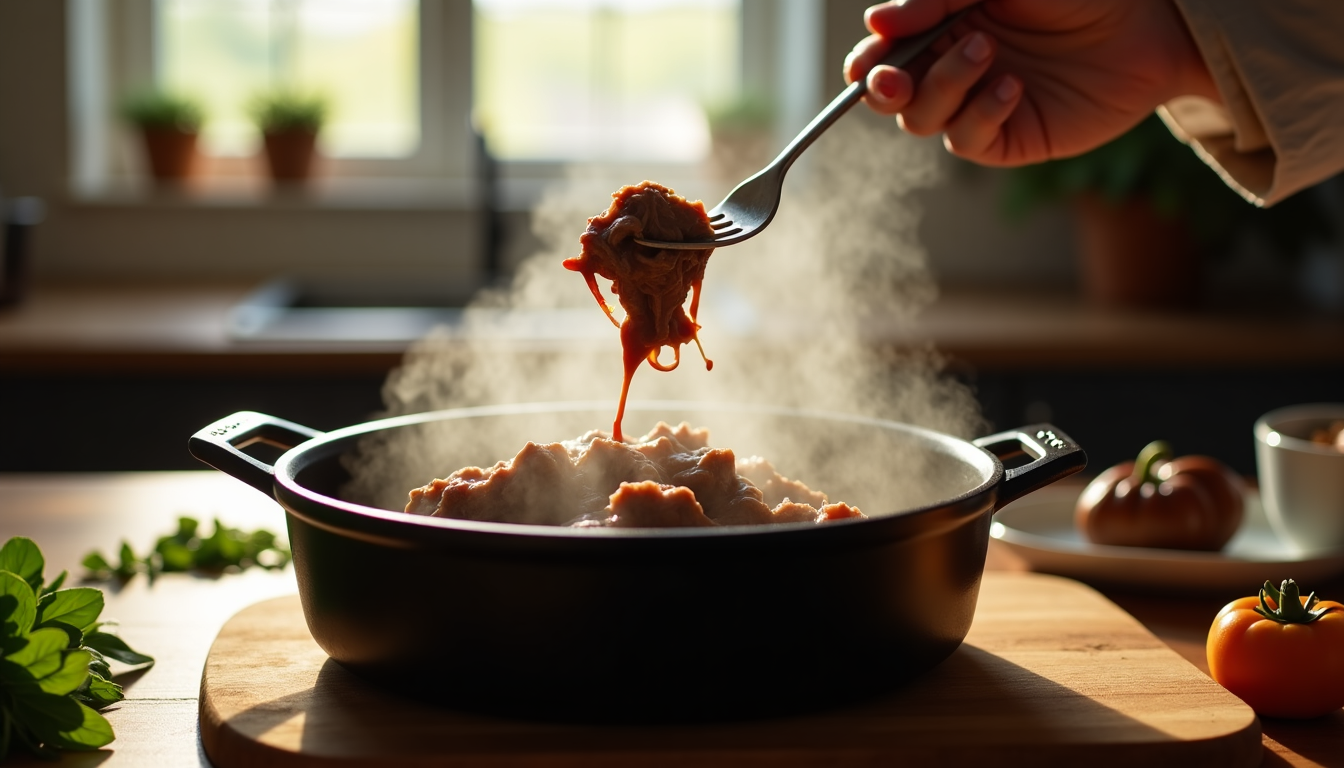Why Treating Diabetes Like a Slow-Cooked Meal Changed My Life

Look, I get it. When my doctor dropped the Type 2 diabetes bomb on me four years ago, I nearly dropped my beloved chef's knife. The standard advice? It felt like being told to climb Mount Everest in flip-flops. But here's the thing - I discovered something amazing while experimenting in both my kitchen and life: slow and steady really does win the race.
The Problem with Going Cold Turkey
Y'all, let me spill some tea (unsweetened, of course 😉). The biggest mistake we make with diabetes management is thinking we need to transform our lives overnight. Trust me, I tried that whole "throw everything out of your pantry and start running marathons tomorrow" approach. Spoiler alert: it didn't work.
Here's what nobody tells you: according to recent research (which I devoured like a good cookbook), losing just 10% of your body weight over FIVE YEARS can double your chances of diabetes remission. That's right - not 50% in three months, not some crazy crash diet. Just. Ten. Percent.
The Slow-Cooking Method to Healing
Remember how tough meat gets when you try to cook it too fast on high heat? That's what aggressive lifestyle changes do to your motivation. But when you slow-cook that same meat? It falls off the bone.
Here's my recipe for success (and yes, I'll keep the cooking metaphors coming):
- Start with your base ingredients:
- Track your food (I use MyFitnessPal like I use my kitchen scale - consistently but not obsessively)
- Gradually reduce carbs (I aimed for under 130g daily, but I didn't get there overnight)
- Move more (and no, you don't need to join CrossFit)
- Season gradually:
- Week 1-2: Just track what you eat, no changes
- Week 3-4: Swap one refined carb for a veggie daily
- Month 2: Start 10-minute walks after meals
- You get the idea...
Real Talk: My Kitchen Confessions
Can I be real with you? I still eat carbs. gasp I know, scandalous! But here's the difference - I choose them carefully, like I choose my ingredients. Complex carbs from whole grains and veggies are like using fresh herbs instead of dried ones - they just work better.
Here's what my typical day looks like now:
- Breakfast: Veggie omelet with one slice of sourdough (yes, real bread!)
- Lunch: Big salad with protein
- Dinner: Whatever I'm craving, just smaller portions and more veggies
The Proof is in the (Sugar-Free) Pudding
In my health coaching practice, I've seen this gentle approach work time and time again. Take Maria, one of my clients. She lost 15% of her body weight over two years - not by following some extreme plan, but by making small, sustainable changes. Her A1C? Dropped from 8.2 to 5.6.
Your Turn in the Kitchen
Ready to start your own slow-cooking journey? Here's what I want you to do:
- Get real with yourself about where you are right now
- Pick ONE small change to make this week
- Track it (but don't obsess)
- Celebrate small wins like you'd celebrate a perfect soufflé
Remember: You wouldn't expect a sourdough starter to be ready in a day, so why expect your body to transform overnight?
Let's Chat!
Drop a comment below about your biggest challenge with diabetes management. What's your kitchen equivalent of climbing Mount Everest? Let's figure out how to make it more like a casual stroll to the farmer's market.
P.S. If you're wondering - yes, my A1C is now 5.4, and I still enjoy food as much as ever. Just differently. And better.
What small change are you going to start with? Remember, we're slow-cooking this journey, not flash-frying it! 🥘✨
#DiabetesManagement #HealthyLiving #SlowAndSteady #ChefLife #HealthCoach




